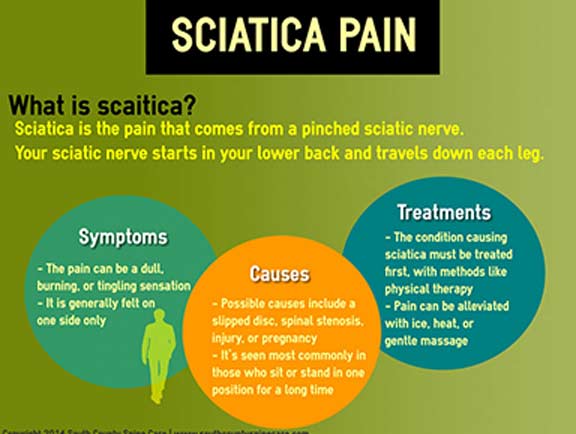The Influence Of Diet Plan On Pain In The Back Management: Foods To Integrate And Foods To Omit
The Influence Of Diet Plan On Pain In The Back Management: Foods To Integrate And Foods To Omit
Blog Article
Short Article By-Singer Sharpe
When it concerns handling your neck and back pain, the food selections you make can substantially affect how you really feel daily. Envision having the ability to reduce your discomfort just by readjusting what you eat. By understanding the duty of nutrition in neck and back pain administration and understanding which foods to integrate or avoid, you can take positive steps in the direction of a much healthier and a lot more comfy way of living. The connection between nutrition and back wellness is much more extensive than you may recognize-- allow's explore exactly how certain foods can either soothe or exacerbate your back pain.
Importance of Nourishment in Pain In The Back
Nutrition plays an important role in managing neck and back pain. Your diet plan can substantially affect swelling levels and total pain degrees in your back. Consuming a balanced diet abundant in nutrients like vitamins D and K, calcium, magnesium, and omega-3 fatty acids can help reduce swelling and enhance bones, which are crucial for back health.
Furthermore, keeping a healthy weight with appropriate nutrition can reduce anxiety on your back, decreasing the risk of pain in the back.
Furthermore, certain nutrients like antioxidants found in fruits and vegetables can help battle oxidative stress and advertise recovery in the body, consisting of the back muscular tissues and spinal column.
On the other hand, taking in too much quantities of processed foods, sweet drinks, and unhealthy fats can contribute to swelling and weight gain, intensifying pain in the back.
Foods to Consume for Back Health
To support a healthy back, integrating nutrient-rich foods into your daily dishes is essential. Including foods high in anti-oxidants like berries, spinach, and kale can help reduce inflammation in your back, easing discomfort and pain. Omega-3 fats discovered in fatty fish such as salmon and mackerel have anti-inflammatory properties that can benefit your back health.
In addition, eating nuts and seeds like almonds, walnuts, and chia seeds gives vital nutrients like magnesium and vitamin E, which sustain muscular tissue function and lower oxidative anxiety. Including lean proteins such as hen, turkey, and tofu can assist in muscle repair work and upkeep, advertising a solid back.
https://spinalnewsinternational.com/new-research-highlights-importance-of-early-surgery-for-those-with-chronic-sciatica-secondary-to-lumbar-disc-herniation/ forget to include dairy products or strengthened plant-based options for calcium to support bone health. Last but not least, moisturize with plenty of water to keep your spine discs hydrated and functioning efficiently. By including these nutrient-dense foods in your diet, you can nurture your back and support general spinal wellness.
Foods to Prevent for Back Pain
Select avoiding processed foods high in sugarcoated and trans fats when seeking remedy for back pain. just click the following internet page of foods can add to inflammation in the body, which may exacerbate neck and back pain. Say no to sugary treats sweet, breads, and sweet drinks, along with fast food products like hamburgers, french fries, and fried hen that are typically packed with trans fats.
Additionally, avoid foods consisting of high degrees of polished carbs, such as white bread, pasta, and breads, as they can increase blood glucose degrees and possibly aggravate inflammation in the body.
It's also important to limit your consumption of foods high in saturated fats, like red meat and full-fat dairy items, as they can add to swelling. Refined foods like delicatessens meats, chips, and packaged treats are typically high in saturated fats and should be eaten in moderation.
Verdict
Finally, taking notice of your diet plan and making clever food options can have a considerable effect on managing back pain. By including nutrient-rich foods like berries, fatty fish, nuts, and lean proteins, and avoiding processed and sugary items, you can help reduce inflammation and support on the whole back health. Remember, what you eat plays a crucial function in how you feel, so make sure to prioritize your nutrition for a healthier back.
